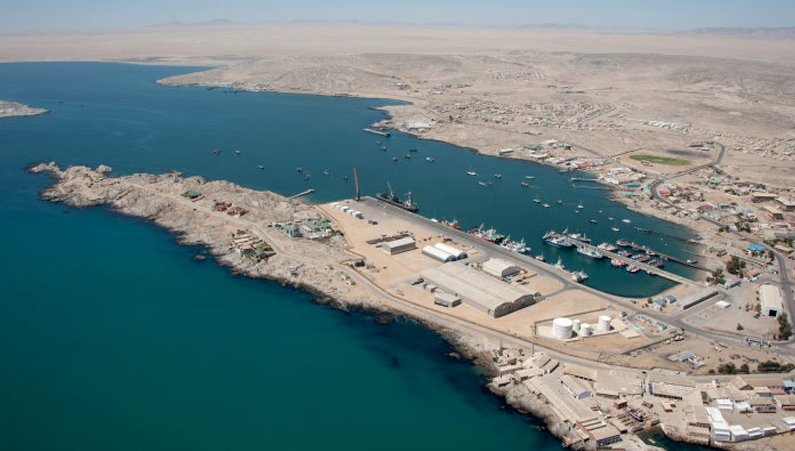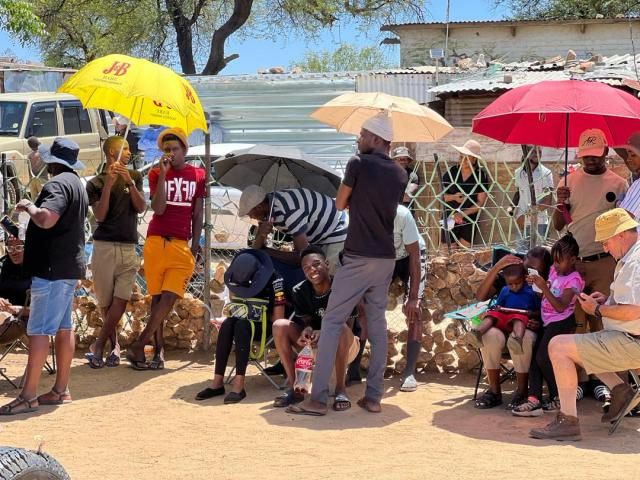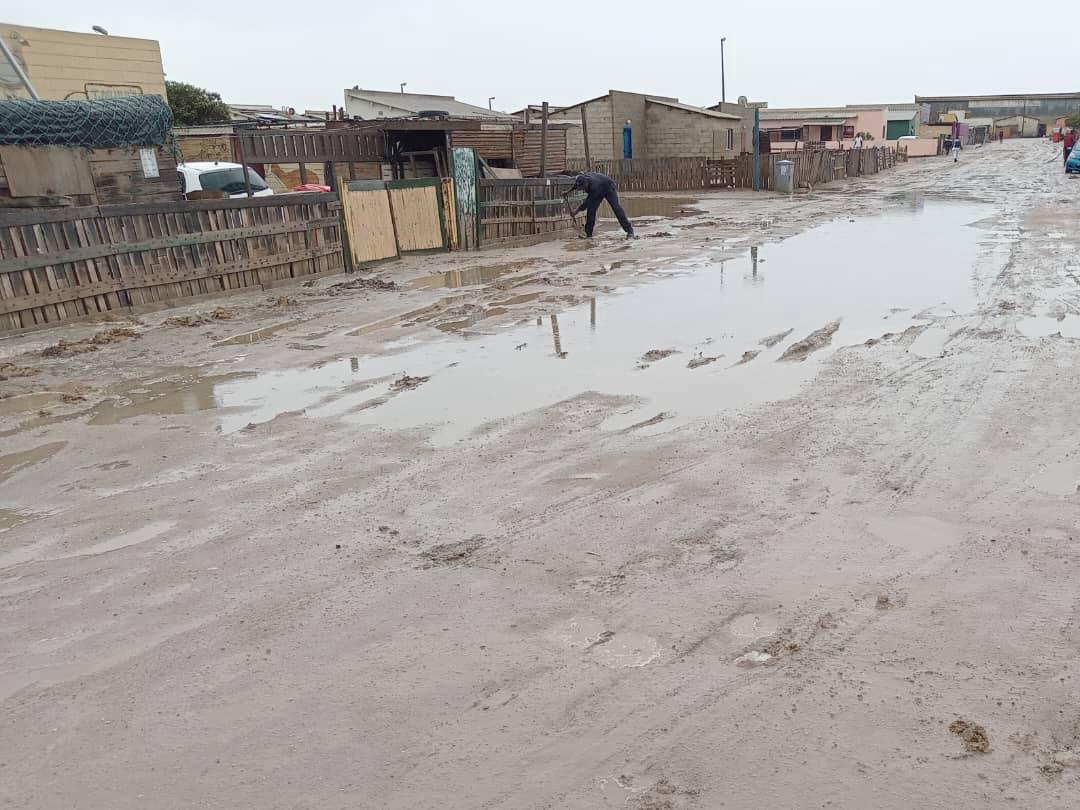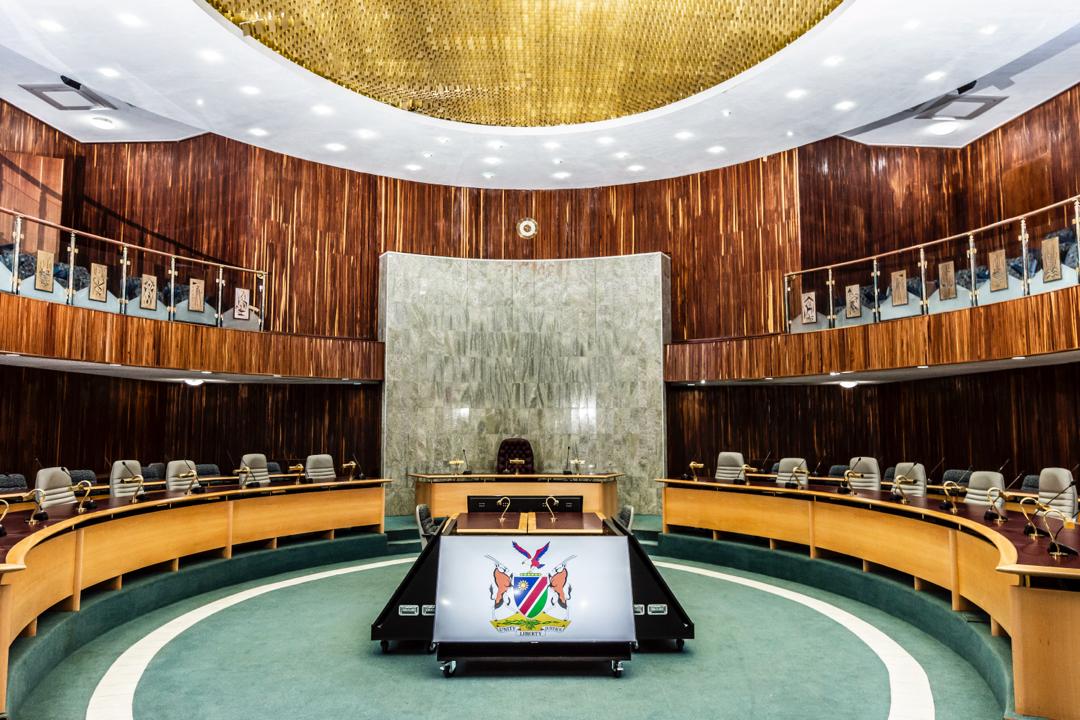Lüderitz mayor Phil Balhao has backed planned port expansion which he says will create job opportunities.
This is despite traditional leaders opposing the idea to preserve unmarked graves from the 1904-1908 genocide at Shark Island, where the project is planned.
“The announcement of this project has also provided investors confidence in their ambitions to invest in the Lüderitz economy to construct housing and amenities such as educational institutions,” he says.
The Namibian Ports Authority (Namport) is currently busy expanding its port at the Robert Harbour quay wall because the last major expansion of the port of Lüderitz was done 25 years ago.
Balhao says many benefits will stem from the project, such as upgraded labour skills and municipal and industrial infrastructural developments like ports, airports, roads and rail, which will benefit residents.
Balhao further says it will mean the Lüderitz council will receive more support from the government, which is sorely needed to upgrade services and infrastructure to improve the quality of life of residents.
“This decentralisation has many benefits too, which would mean our residents wouldn’t have to travel long distances for healthcare, social welfare services and others,” he says.
Balhao is currently attending the World Hydrogen Summit in Rotterdam, The Netherlands, alongside president Nangolo Mbumba.
Balhao says his experience at the summit has been very educational.
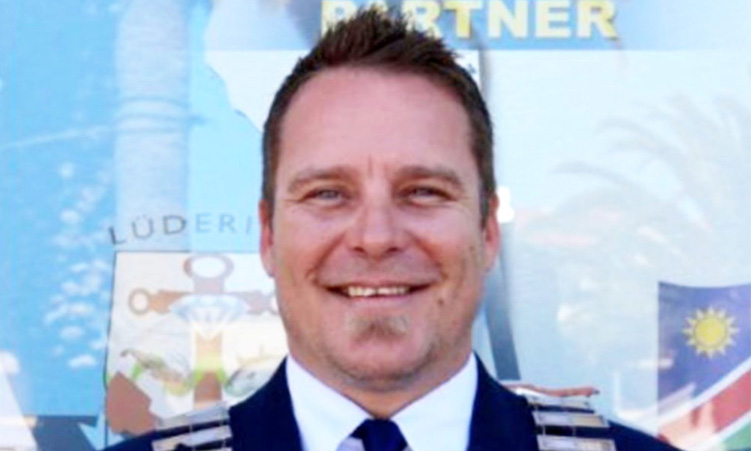
“I was quite surprised to see how large the industry already is and just how much research and development has already happened in such a short time.
“This is truly a very exciting time for Namibia, and Lüderitz in particular, to become global leaders in this industry. It would eventually trickle down and mean we will eventually become an exporter of value-added products, instead of being a net importer. This means many jobs and a strong and diversified economy,” says Balhao.
As reported in The Namibian yesterday, Popular Democratic Movement (PDM) leader McHenry Venaani said there should be a balance between the need for profit from the port expansion project and the adequate compensation of descendants of those killed during the genocide and buried in unmarked graves.
Political analyst Ndumba Kamwanyah described Shark Island as a sacred site which holds important historical memories, in particular for the descendants of the genocide victims.
He said the site should thus be approached with greater sensitivity which includes broader consultations.
“The economic imperative should not override the cultural aspect and importance of that site,” said Kamwanyah.
“It is distasteful that such a site with historical memories and painful suffering is being touched.”
Kamwanyah said many lives were lost there, so any economic activity must be done in consultation with the descendants of the genocide victims.
Stay informed with The Namibian – your source for credible journalism. Get in-depth reporting and opinions for
only N$85 a month. Invest in journalism, invest in democracy –
Subscribe Now!




